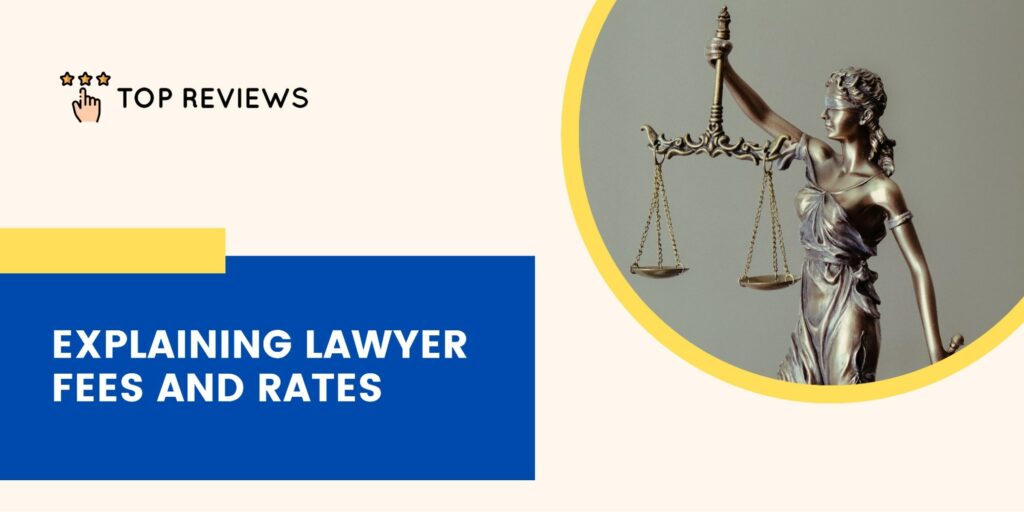How much do lawyers charge in New Zealand?
For many, legal proceedings are costly, time-consuming, stress-filled endeavors that rarely ever go as planned. Lawyers can offer a considerable amount of help in dealing with legal matters, but they often charge a considerable fee in return.
To help you prepare for your next legal endeavor, we’ve created this quick cost guide detailing the fees and prices for common services offered by lawyers. We’ll also be providing resources relating to lawyers, legal services, and the like
Breaking Down the Cost of Legal Services

Legal Consultations
More often than not, lawyers are sought out by clients for their experience and their ability to offer sound legal advice. Knowing this, lawyers often charge a sizeable hourly rate for client consultations.
Although this rate can be influenced by many factors such as firm locations, and practice sizes, the biggest influence is often experience. Veteran lawyers will charge the highest hourly rates as their schedules are almost always packed full of litigations and meetings.
Alternatively, less experienced lawyers will charge lower fees since they have more time to consult with clients. Across dozens of practices in New Zealand, we found that the average price for lawyer consultations is between $202 and $353.
Document Reviews/Preparation
Aside from advising, attorneys such as business lawyers are also capable of reviewing and preparing documents for business transactions. Such documents include contracts, privacy policies, trademarks, and even business terms.
Regardless of whether you have documents reviewed or prepared, your lawyer is likely to charge higher rates for longer documents. Smaller documents with several pages will usually cost between $200 and $250, while larger documents can go as high as $750 to $2000.
Mediation/Arbitration
If you happen to be working with a family lawyer or divorce attorney, you can opt for mediation services as an alternative to court litigation. Many Kiwis prefer to settle civil matters out of court as this can lead to considerable savings.
But, it should be noted that mediation services still carry considerably large fees that grow based on the duration of your mediation. For a mediation session lasting 5 to 8 hours, we found the average cost to be between $4,500 and $9,000.
Court Representation
Lastly, court representation is a service that is common among many types of attorneys, from employment, and family lawyers to divorce and property lawyers. While the specific cost of representation will vary with each case we’ve managed to dig up some averages.
Attorney representation for a full trial in New Zealand costs an average of $52,000. This large fee is largely what motivates both parties in a dispute to settle things outside of court.
While there are other offerings by lawyers, we believe those specified above will provide you with a good idea of how much you might pay for an attorney. Now that you’re armed with this knowledge, we hope you’ll have an easier time preparing a budget if you ever need legal help.



